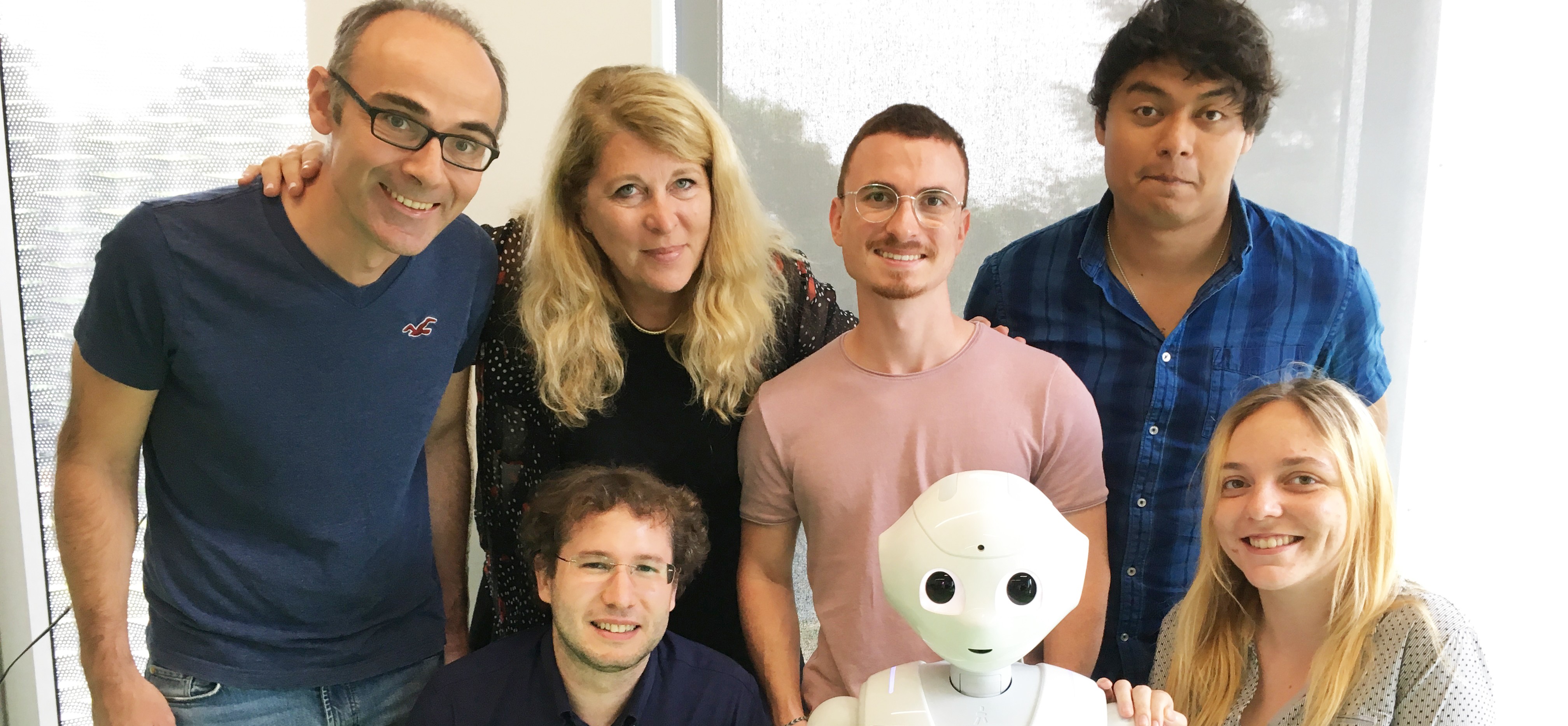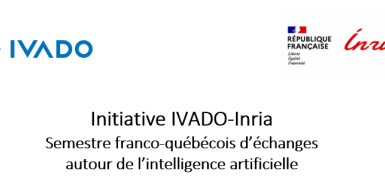Nudging: a new concept
The winner of the Nobel Prize in economics, the American Richard Thaler, highlighted in 2008 the concept of nudge, a technique that consists in encouraging individuals to change their behavior without constraining them and using their cognitive biases. Laurence Devillers, who works on nudging at an international level within IEEE, the largest global association whose main goal is to develop technology for the benefit of humanity, and Serge Pajak, economist specialized in innovation economics, began to work together within the framework of the development of the Transalgo platform before deciding to create this project dedicated to the study of nudges in verbal interaction human-machine. "In behavioral economics, the vocal dimension of interactions has never been studied before," says the team of economists.
Raise awareness on the danger of nudges
With the development of connected objects, nudges are everywhere without the user realizing it. Apple's iMessage application, for example, frames a blue message when it is exchanged with another Apple user, and green when it is exchanged with a "foreign" user. "In behavioral economics, we know very well that blue is a much better color than green," says the team of economists. "If they are often used for good, health for example, the use of voice-assisted objects could amplify these phenomena of manipulation if they are used for commercial purposes, with less ethics," says Laurence Devillers, who has conducted many experiences of vocal interactions between older people and empathic robots in the PSPC ROMEO2 and CHIST-ERA JOKER projects. The Bad Nudge - Bad Robots project aims to highlight the danger of these techniques for vulnerable people such as children and the elderly.
The importance of ethics
Specifically, the team will set up experiments with a robot capable of nudges with several types of more or less vulnerable population to develop nudge assessment tools to show the impact. At the laboratory scale, then in the field, the two teams will study whether fragile people are more sensitive to nudges or not.
This research is innovative, it is important to understand the impact of these new tools in the society and to bring this subject on ethics and manipulation by machines internationally. "The objects will address us by talking to us. It is necessary to better understand the relationship to these chatty objects without awareness, without emotions and without proper intentions. Users today are not aware of how these systems work, they tend to anthropomorphize them. Designers need to avoid these confusions between life and artifacts to give more transparency and explanation on the capabilities of machines, "says Laurence Devillers. The ultimate goal of the project is to create "ethic-by-design" objects and to reflect on an international dynamic on this subject. For this research project, two thesis, one in computer science, the other in economics, will be supervised in parallel, on the one hand by Laurence Devillers, Ioana Vasilescu and Gilles Adda and on the other by Grazia Cecere, Fabrice Le Guel and Serge Pajak.
The valorisation of the results of the experiments of this project is to produce measures for the surveillance of these tools as well as economic recommendations (in regulation), ethical and legal for the public decision-makers. The subject of nudges has not yet been the subject of any cross-cutting legal analysis. Alexandra Bensamoun and Julie Groffe of CERDI will bring their expertise on the legal aspects. Testing empowerment also seems fundamental at a time when the supervisory and regulatory authorities will not have the means to ensure ethical behavior of the many connected objects and robots that will arrive in houses. It is also particularly important to think about the means of protecting the most vulnerable populations while ensuring the economic development of the ICT sector in Europe.
According to Laurence Devillers, "it is urgent to start working on these issues of ethics, in this DATAIA is an institute of excellence, the first in France to put them forward. "









